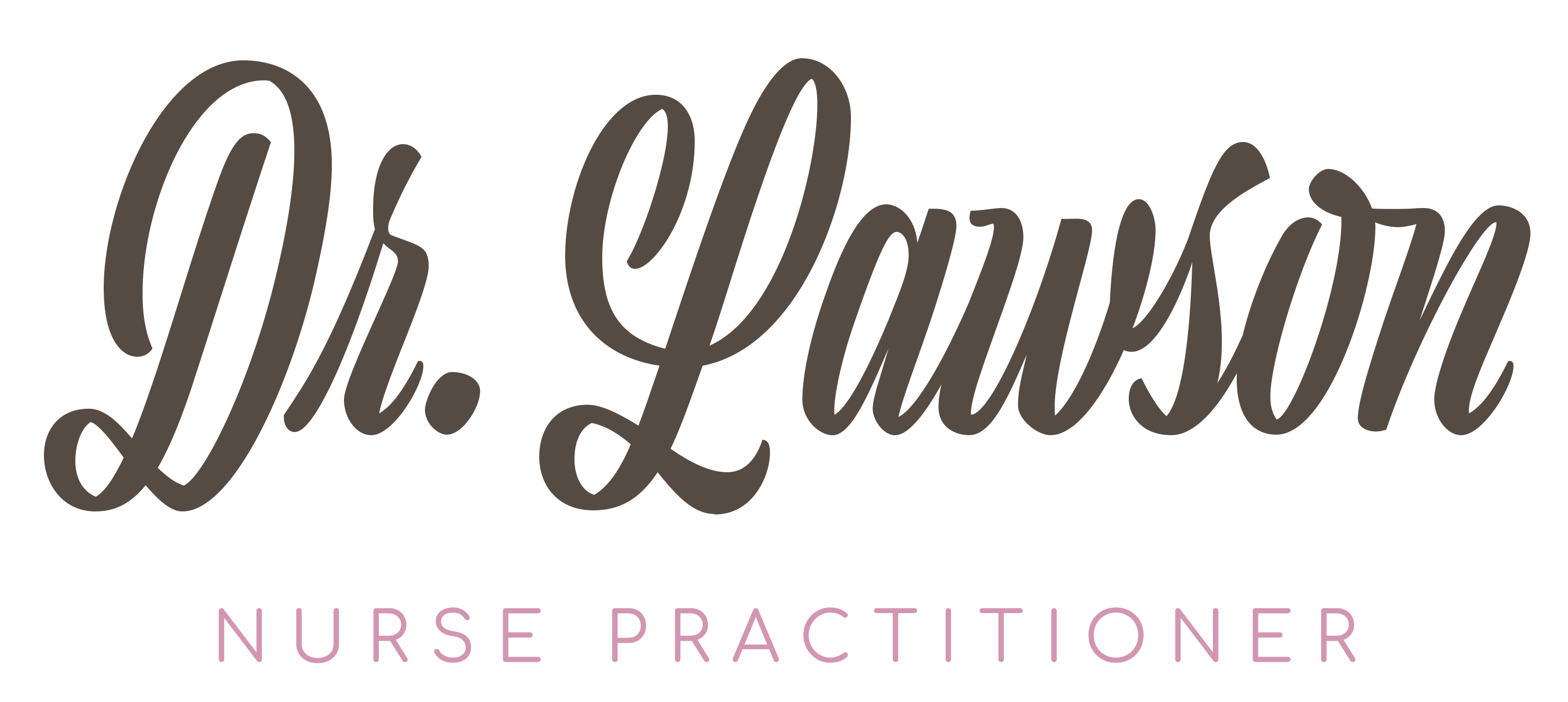Nurse Empowerment to Initiate End of Life Conversations

by Laura L. Gayle, RN
“I got the house, I got the car, I got the rug,
And I got the rack, But I aint got Jack!’
Can’t you just hear Aretha’s background singers singing “Doo Woop! The House that Jack Built!” Our Queen of Soul, may she rest in peace and love. Certainly, we all have so much respect for Aretha and the legacy she’s left behind; with an estate including property, fancy furs, cars and music royalties valued in the millions. However, frankly speaking (no pun intended) her family won’t have JACK for many years with an estate left to argue over publicly in probate as there was no will despite battling a fatal illness for many years. See Aretha is different from us in that we don’t have millions of dollars to pass on, but the same as most of us in that little forethought is given to end of life/advanced care planning (EOL/ACP) or estate planning. This occurs despite the reality there is increased communication between the patient-caregiver unit and clinicians, particularly nurses during illness and “at the heels “of an individual’s quietus.
So if there’s increased contact with clinicians, particularly nurses what are the forces/influences that play a part in the aversion to discussing EOL/ACP. Nurses Sullivan & Dickerson’s (2016) article appraised the current state of affairs of ACP in the US using theoretical analysis from a critical social theory perspective to “…understand society’s taken-for-granted beliefs that tend to empower certain groups and restrict the decision-making power of others. In their article they explore this problem from a political, economic, social and historical context. Sullivan & Dickerson (2016) note, historically we live in continuous medically advancing times which supports societal views towards life promoting treatments and laws supporting an individual’s right of self-determination. From a political context, bipartisan politicians have played on the public’s fears of doctors billing for EOL counseling during visits under the Affordable Care Act as “life-devaluing”. This misinformed argument against Obamacare tied into the “death panel” hysteria created by some Republicans. The economical context points to CMS payment models with limited EOL care coverage, federal research dollars focused on cures versus support of EOL care and disease focused payment models which primarily reimburse for life maintaining care even if futile. The societal context notes our society’s romanticism with staying young and older adults’ fear of ageism that might prevent them from sharing critical medical information. Significantly, the AMA’s physician dominance (paternalism) asserts a physician led team approach despite the fact facilitating family meetings to promote EOL discussions is within the RN and NPs scope of practice; yet it remains within the physician domain. Nurses should feel like an empowered member of the medical team and begin to spark meaningful EOL/ACP conversations.

How do you start a meaningful conversation about EOL/ACP? For starters, one has to acknowledge that talking about death is a conversation that involves coming to grips with life’s finality. If you the informant aren’t comfortable with the realities of your own mortality, you won’t be with someone else’s. Reflect on your own personal, cultural and spiritual beliefs about death. Next, ensure you have some cultural awareness of the patient you plan to have the discussion with. And if you don’t, respectfully ask. Transparency is very humbling and healing; it shows our shared humanity. Seize milestone life events to initiate the conversation such as births, marriages, divorce or surgery as suggested by the National Hospice and Palliative Care Organization. Present the information in such a way that you assure the patient you’d like to honor their preferences or their family’s/spiritual leader’s preferences in the event they would not be able to speak for themselves with regards to life saving measures and/or treatment. Take into consideration the patient may feel entrusting someone with their preferences surrounding EOL as burdensome. Allay their fears by informing them it’s more burdensome if a caregiver felt guilty not knowing if they decided as the patient would. In the case of older adults, they might also have feelings that such a discussion is a gesture of forfeiture of their autonomy. There might also be patient fears of their caregiver/family dealing with anticipatory grief in illnesses with poor prognosis. Also keep in mind, as a clinician about to initiate an EOL dialogue, first you must hash out any feelings of defeat within yourself as the treatment plan moves away from a cure and more towards maintenance and comfort.

EOL/ACP discussions are also likely to be avoided due to fear of bringing up assets, property and funeral arrangements. Like anything in life and naturally in death, it boils down to the bottom line. For minorities, particularly Blacks EOL/ACP is avoided because we are less likely to own property or leave an inheritance for family. It’s difficult to directly inform loved ones that there isn’t much to contribute to personal burial expenses and the family’s financial outlook. But with minorities slowly making socioeconomic gains, we are acquiring assets and property to contribute to generational wealth. Nurses should not give estate planning advice but should encourage patients/caregivers to seek out estate planning services as to not cause psychological stress and untoward health affects in their loved ones fighting amongst each other and with the government for what they believe you would want them to have.
Essentially, the primary factor why we don’t discuss EOL/ACP/estate planning is fear and misconceptions. Nurses need to address these fears and provide clarity to misconceptions. Be empowered to start these difficult conversations as well as serve as examples by having EOL/ACP/estate planning talks with your friends and families. Begin with checking off your driver’s license/state ID organ donor status and discussing it with family members. Choose a healthcare proxy, create a living will that specifies what medical decisions/preferences you have if you’re incapable of making them, reach out to an estate planning professional to draft a will and if you have a special needs child create a trust. Through our actions we will be prepared to assist patients or loved ones in starting an EOL conversation which is the best way of honoring a person and showing R-E-S-P-E-C-T!!!

Laura L. Gayle is a RN and Notary Public with 15 years experience in Pediatric Intensive Care units and an outpatient adult transplant clinic, coordinating care for medically complex transplant recipients. Laura enjoys writing, reading, the outdoors and trying to live life out of the comfort zone.

